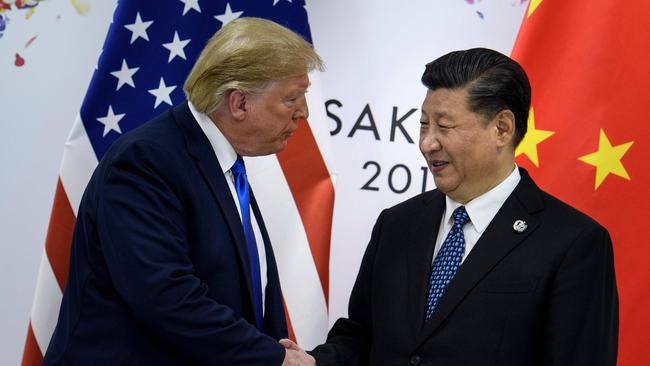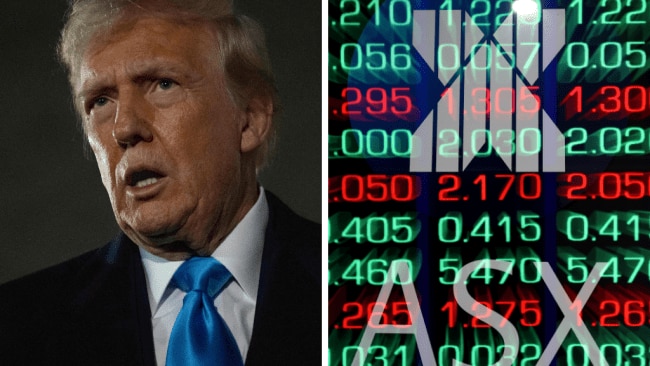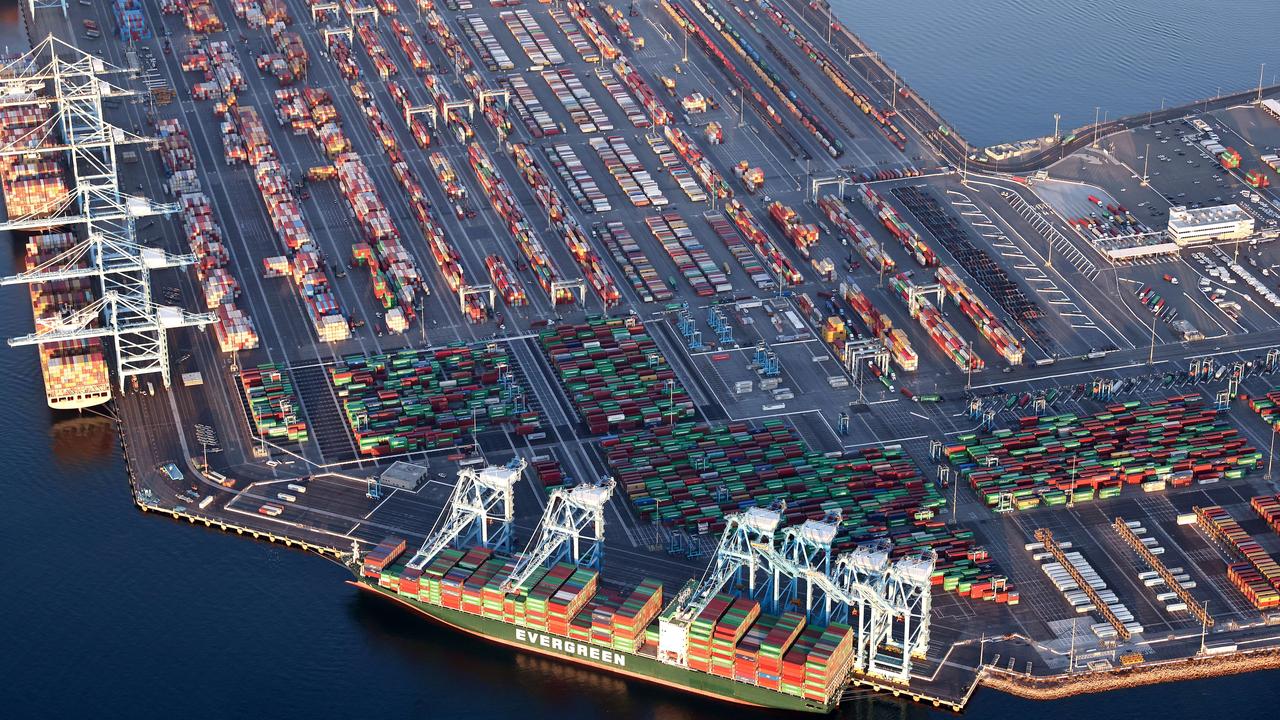
We are watching a major correction in equity values across the globe. It’s important to understand the inner forces that have created this fall (not just the US-China trade war) and then look at where these forces might take us.
And it’s worth recording what a horrible time it is for investors, particularly retirees, who face token returns on their cash plus lower share values.
Last week it was about fear, which I documented over the weekend.
Now that fear has been converted to reality.
In recent weeks the negative interest rates in Europe and elsewhere saw cash chase shares to get a return and US and Australian markets hit record highs.
But it was a fear-driven rally that, with hindsight judgment, did not account for the risks given the storm of global events including not just the trade war but Hong Kong and, of course, the Middle East.
And while current and future interest rate reductions drove equities the global fears sent cash racing for US bonds, pushing yields down further.
And now there is a rush for gold and Bitcoin and the global economic indicators, Dr Copper and the Australian dollar, have slumped. These are the surface manifestations of much deeper forces.
We are watching an end to the globalisation system that we have been enjoying over past decades.
It was a rule-based system that saw a rapid increase in cross-border movement of goods, services, capital and people. China was the main beneficiary and, as a key supplier of raw materials to China, we rode the boom.
But mass globalisation created problems. The most obvious was that while countries like the US, UK and Australia enjoyed the benefits, in each country there were vast areas that missed out—often in areas outside the capital city elites.
In the UK those who missed out delivered Brexit and in the US they delivered President Trump and his clear trade war policies.
In Australia we almost went to an ALP government but Shorten-Bowen foolishness muted their “fair go” campaign.
But there was a much deeper change that globalisation delivered and it is that change that is making it so hard to modify the rules on the margin to give a boost to those parts of the US that need help.
Last month I detailed this deeper change and you can read the full background on our web site under the heading “The hidden game behind the trade war”.
In short, artificial intelligence (AI) is going to propel the technology development of nations and those that succeed in the AI game will be the global winners. The US suddenly realised that in the database/AI war China was not only winning but was set to dominate the world, with enormous implications for defence.
The US bans on Huawei are an essential part of curbing China dominance. And because data and communication gets to the core of what this trade war is really about, the issues are hard to solve.
The decline on Wall Street may cause President Trump to blink and step back and calm nerves by easing the war via a deal with China’s President Xi Jinping.
But if Trump is returned to the presidency next year, in my view the world is headed into an era that sees the disintegration of the rules-based trade system that has governed international commerce since the end of the World War II.
The US and China will develop their own database-driven AI systems, standards, technology platforms and payment systems.
We will never know but had Bill Shorten won the election we may have ended up in the China system. Scott Morrison looks like taking Australia into the US system and you can see that in the defence discussions. Nothing at this stage is set in stone.
It is likely that the UK will leave Europe and form a trade alliance with the US that will involve Australia.
Europe could go either way.
It’s fascinating that the UK share market, with that link as a prospect, has been damaged less than Europe.
What makes China unpredictable is Hong Kong. I have been regularly writing about the seriousness of the Hong Kong situation and its possible implications for Australia.
But this week the seriousness was underlined when demonstrations and strikes in Hong Kong forced its biggest airline, Cathay Pacific, to cancel more than 150 flights on Monday and urge passengers to postpone non-essential travel.
The Hong Kong economy is in meltdown. China either steps back and allows the protesters to clearly win this round or it steps in. My reading of President Xi is that he will step in but he will wait until there is chaos.
Australia needs to be ready for a population and capital boost.
Finally, if Trump is re-elected president and we are to go into the US data zone then Amazon, Apple, Facebook, Google (Alphabet), Nextflix and Microsoft must pay tax in Australia and we need to move to a cashflow taxing system.
Finally, the Victoria and NSW governments are banning development of their gas reserves (which are immense in Victoria and don’t require fracking ).
This has left us exposed on the energy front. We may need US help to secure our oil supplies.
President Trump realises this.
All the above forces are part of this share market correction.
At this stage it is not a fundamental reversal but is a correction. If the above forces turn nasty the correction could develop into something worse, but that’s not the case at the moment.



